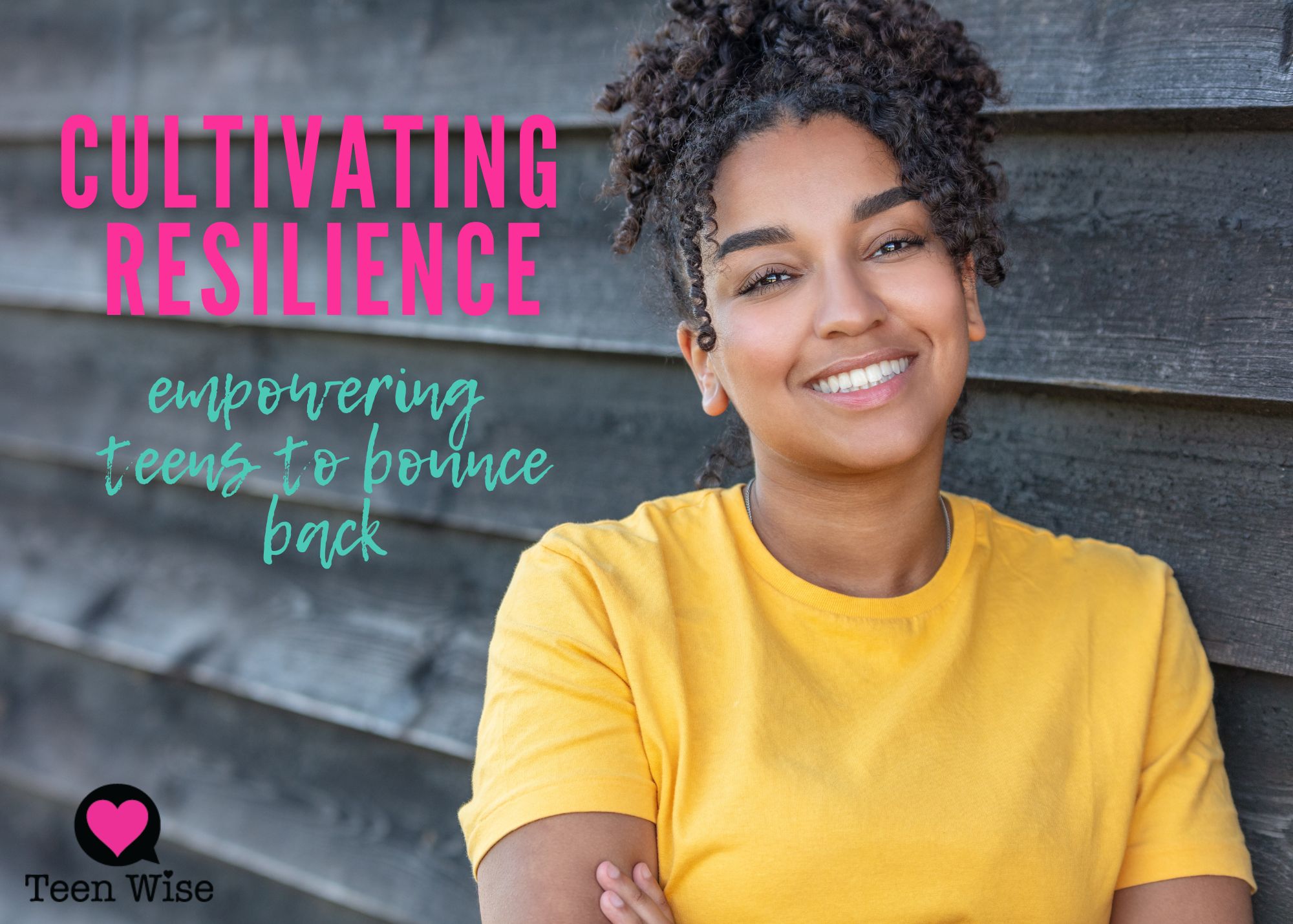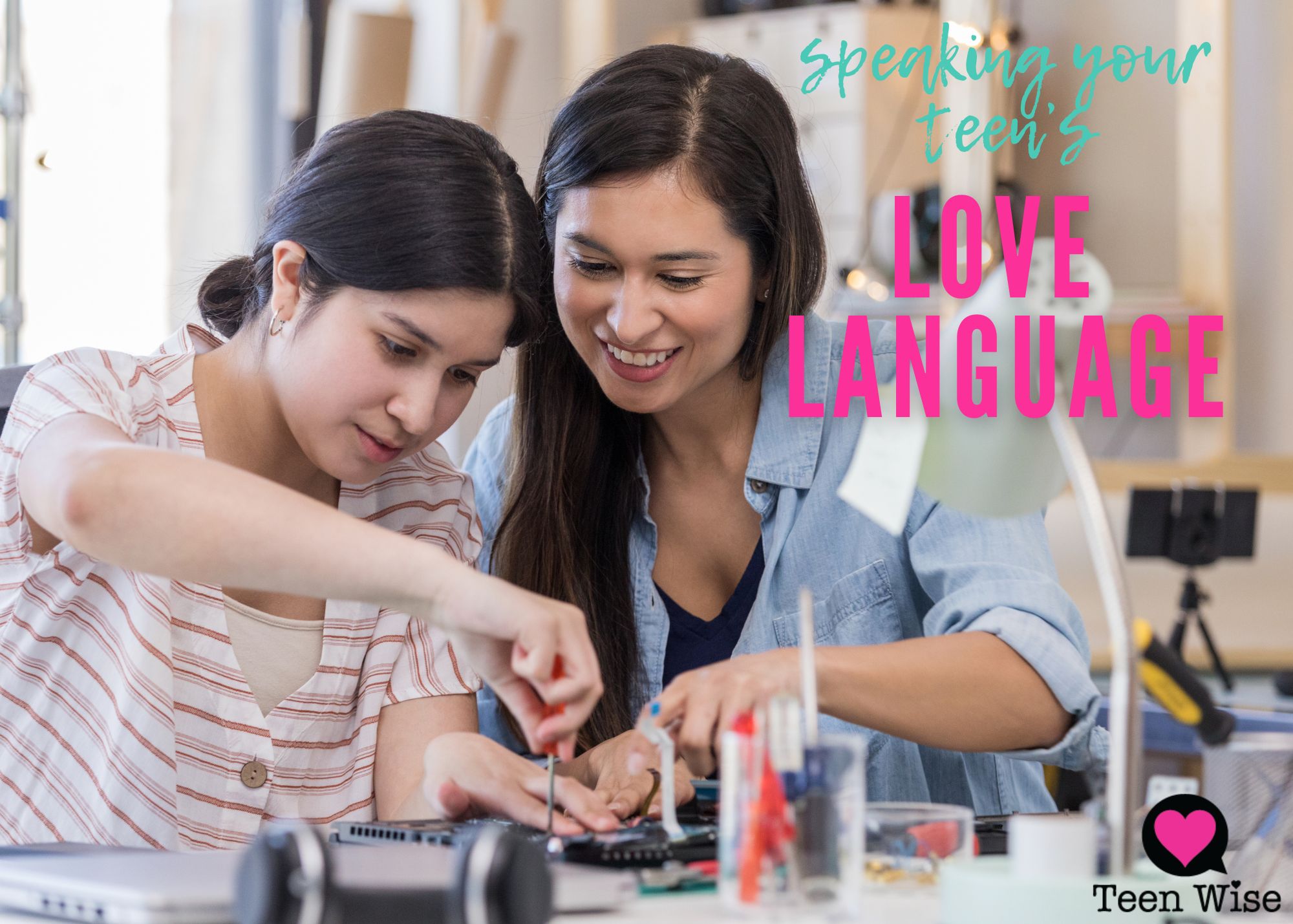Trust is the foundation of any strong relationship, and the parent-teen bond is no exception. However, building trust with teens can often feel like navigating a maze, especially as they become more independent and start forming their own identities. Here are some practical ways to foster trust and create a more connected relationship with your teen.
Why Trust Matters
Trust is a two-way street. When your teen trusts you, they are more likely to come to you with their problems, seek your guidance, and feel safe in your presence. On the flip side, showing trust in your teen empowers them to make decisions, take responsibility, and grow into confident individuals.
Start with Open Communication
Open and honest communication is the cornerstone of trust. Create an environment where your teen feels comfortable expressing themselves without fear of judgment or harsh criticism. When they share something with you, listen actively. Avoid interrupting, jumping to conclusions, or offering immediate solutions unless they ask for them. Sometimes, all they need is for you to hear them out.
This approach shows that you value their perspective and are genuinely interested in their experiences.
Be Consistent and Reliable
Teens notice when you follow through on your promises and when you don’t. If you say you’ll attend their game, help with a project, or have a conversation later, make sure you do. Being consistent in your actions builds credibility and reinforces the idea that you are dependable. If something unavoidable comes up, be honest about it and reschedule.
Similarly, setting clear boundaries and sticking to them helps teens feel secure. While they may push back against rules, they’ll ultimately respect your consistency.
Admit When You’re Wrong
No one is perfect, and that includes parents. If you make a mistake or overreact, own up to it. Apologizing to your teen shows humility and teaches them that it’s okay to admit faults and make amends. For example, you might say, “I’m sorry for raising my voice earlier. I was frustrated, but that’s not the way I want to communicate with you.”
When you model accountability, your teen is more likely to take responsibility for their actions as well.
Trust Them with Responsibility
One of the best ways to show trust is to give your teen opportunities to demonstrate responsibility. Start small and gradually increase their level of autonomy as they prove themselves. For instance, you might let them choose their own bedtime on weekends or manage their own allowance. Celebrate their successes and guide them through any mistakes without taking over.
Letting go of control can be challenging, but it’s essential for fostering independence and mutual trust.
Avoid Micromanaging
While it’s natural to want to protect your teen, over-monitoring their every move can erode trust. Instead of hovering, establish clear expectations and give them space to meet those expectations on their own. For example, instead of constantly checking on their homework, ask about their plans for managing it and offer help if they need it.
Teens are more likely to rise to the occasion when they feel trusted rather than controlled.
Handle Mistakes with Grace
When your teen breaks your trust, how you handle the situation matters. While consequences are important, they should be paired with understanding and a focus on rebuilding the relationship. Use mistakes as teachable moments. For instance, if they lied about where they were, discuss why trust is important and how they can regain it moving forward.
Avoid shaming or labeling them, as this can damage their self-esteem and make them less likely to be honest in the future.
Build Moments of Connection
Trust doesn’t just happen during big conversations or major events—it’s built in the small, everyday moments. Spend quality time together doing activities they enjoy, whether it’s playing a game, cooking, or simply talking during a car ride. These moments strengthen your bond and create a safe space for open communication.
Be Their Safe Haven
Life as a teen can be overwhelming, filled with academic pressures, social challenges, and personal insecurities. Let your teen know that you’re always there for them, no matter what. Reassure them that they can come to you without fear of harsh judgment or punishment. Knowing they have a safe place to land can make all the difference.
Closing Thoughts
Building trust with your teen takes time, patience, and intentionality. It’s about showing them that you’re reliable, respectful, and willing to meet them where they are. By fostering open communication, being consistent, and offering grace, you can create a foundation of trust that will strengthen your relationship for years to come.
Take one step today to show your teen they can trust you—whether it’s keeping a promise, listening without judgment, or simply spending time together. Trust grows in small moments, and those moments are within your reach.
With Heart,
Coach Sheri







